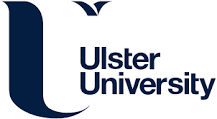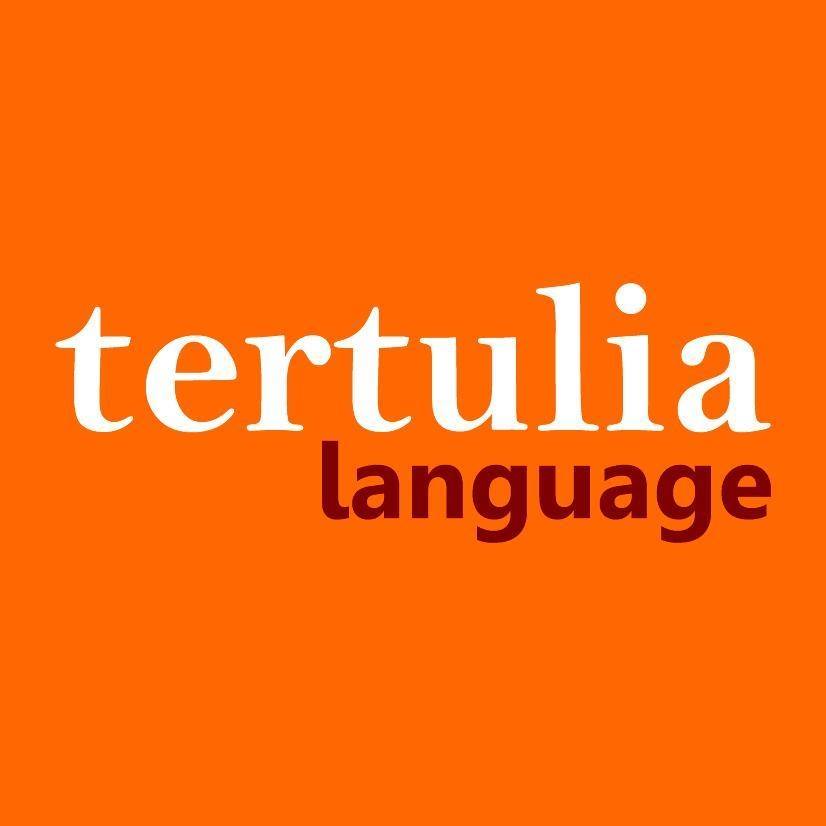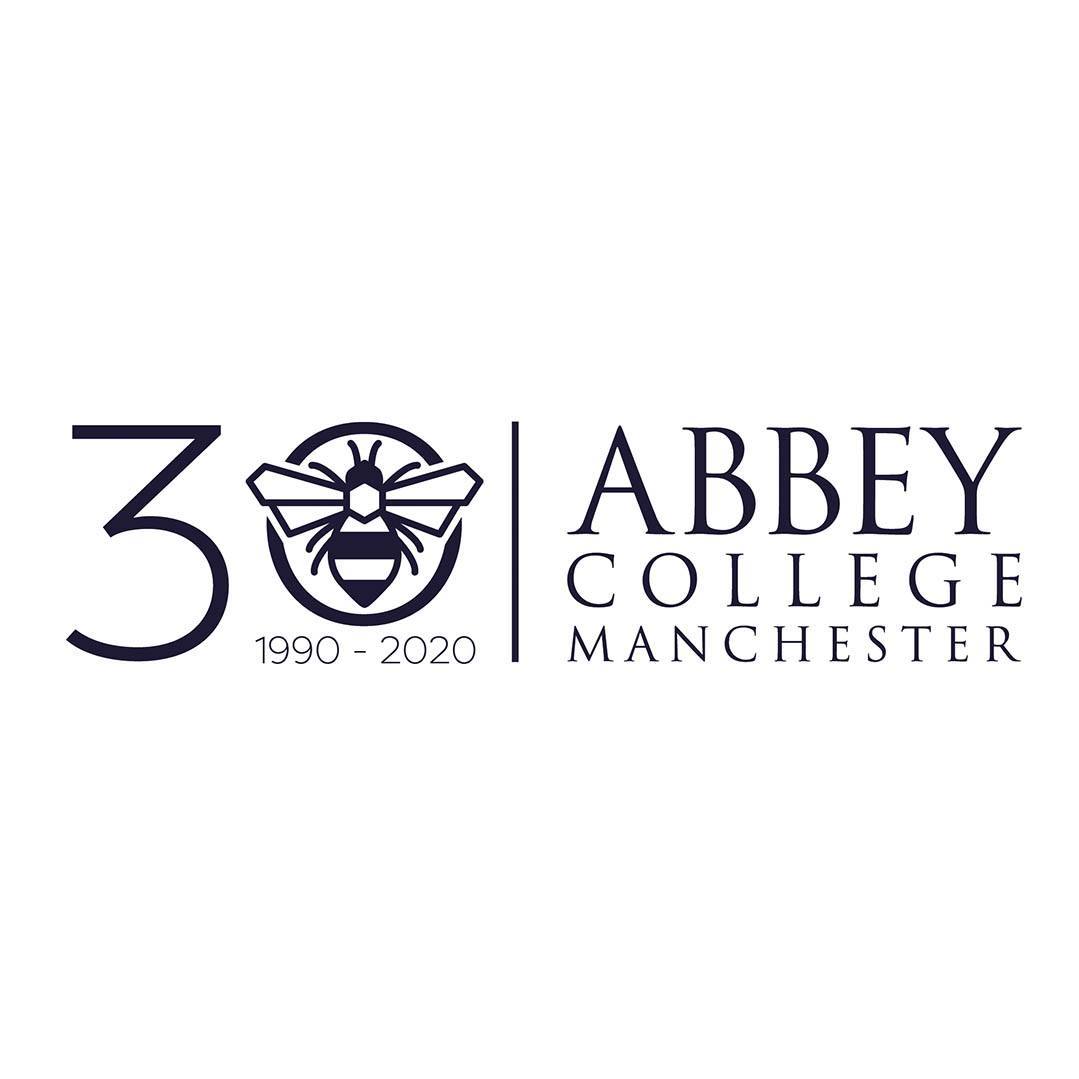This course focuses on practice, methods & planning of language teaching, to examine classroom practice, embed & enhance creativity in the classroom.

Overview
This course focuses on practice, methods & planning of language teaching, to examine classroom practice, embed & enhance creativity in the classroom.
Summary
This short course focuses on the practical tools and strategies needed for creative language teaching. It features a series of lectures and practical exercises which support a programme of peer teaching sessions in which students design and deliver lessons in small groups.
Challenges to effective language teaching are explored through critical reflective practice on peer teaching sessions.
About
This short course focuses on the practice, methods and planning of language teaching.
The focus of the course is to examine classroom practice, embed and enhance creativity in the language classroom (e.g. classroom management, lesson planning, methods, the teaching of the four skills, drama, technology, materials design, storytelling, music and song) and to explore teacher and learner roles and context.
Since the course focuses on the practice of teaching, students will be expected to teach, reflect on and plan lessons over the course of the module through a series of reflective peer teaching sessions.
This short course will -
give students tools and strategies to design and implement creative English language teaching lessons,
allow students to develop reflective practice and so recognise problems and find solutions regarding teaching and learning,
prepare students for participating in the semester two teaching practice module.
Linked programmes
PgCertPD Professional Development, MA Teaching of English to Speakers of Other Languages
Assessment
Practical Skills Assessment (Practical) [50%]
Coursework 1: Practical skills assessment: Students are expected to participate in six sessions of peer teaching. Each week each member of each group teaches for 15 minutes, these 15 minutes make up one integrated 'peer teaching' lesson. Students implement techniques and strategies from the lectures, seminars and tutorials.
They also put together a portfolio: a collection of evidence regarding peer teaching and reflection which includes lesson plans, materials, peer observation and self-reflection tasks.
Feedback: weekly formative feedback and feedforward (on lesson plans, reflective ability) in tutorial sessions; summative feedback in a written report.
Written Assignment (Coursework) [50%]
Coursework 2: Written assignment: In this assignment students demonstrate their ability to use an authentic written or spoken text in order to develop learners' receptive skills or productive skills and knowledge and use of a specific language component.
Students plan a lesson to develop specific reading or listening skills and sub-skills that are relevant to the level and needs of a group of ESOL learners.
Productive language skills that could be practised and developed as 'post' activities are also identified. In addition, students explain and justify a specific language component to be explored using the text as a vehicle.
Attendance
This course requires on-campus attendance, at our Coleraine campus, in Semester 1, starting September 2024.
* Please note, dates and timetabling are to be confirmed and may be subject to change.
Entry requirements
A second class honours degree from a University of the United Kingdom or the Republic of Ireland, or from an institution of another country which is recognised as being of an equivalent standard; and evidence of competence in written and spoken English (GCSE grade C or equivalent).
Exemptions and Transferability
You can make an APL application (accreditation of prior experiential learning).
English Language Requirements
Applicants whose first language is not English must meet the minimum English entrance requirements of the University and will need to provide recent evidence of this (certified within the last two years).
Most of our courses require a minimum English level of IELTS 6.0 or equivalent, with no band score under 5.5. Trinity ISE: Pass at level III also meets this requirement.
Teaching, Learning and Assessment
Attendance and Independent Study
The content for each course is summarised on the relevant course page, along with an overview of the modules that make up the course.
Each course is approved by the University and meets the expectations of:
the relevant generic national Qualification Descriptor
the applicable Subject Benchmark Statement
the requirements of any professional, regulatory, statutory and accrediting bodies.
Attendance and Independent Study
As part of your course induction, you will be provided with details of the organisation and management of the course, including attendance and assessment requirements - usually in the form of a timetable.
For full-time courses, the precise timetable for each semester is not confirmed until close to the start date and may be subject to some change in the early weeks as all courses settle into their planned patterns.
For part-time courses which require attendance on particular days and times, an expectation of the days and periods of attendance will be included in the letter of offer. A course handbook is also made available.
Courses comprise modules for which the notional effort involved is indicated by its credit rating. Each credit point represents 10 hours of student effort. Undergraduate courses typically contain 10, 20, or 40 credit modules (more usually 20) and postgraduate courses typically 15 or 30 credit modules.
The normal study load expectation for an undergraduate full-time course of study in the standard academic year is 120 credit points.
This amounts to around 36-42 hours of expected teaching and learning per week, inclusive of attendance requirements for lectures, seminars, tutorials, practical work, fieldwork or other scheduled classes, private study, and assessment.
Teaching and learning activities will be in-person and/or online depending on the nature of the course. Part-time study load is the same as full-time pro-rata, with each credit point representing 10 hours of student effort.
Postgraduate Master’s courses typically comprise 180 credits, taken in three semesters when studied full-time. A Postgraduate Certificate (PGCert) comprises 60 credits and can usually be completed on a part-time basis in one year. A 120-credit Postgraduate Diploma (PGDip) can usually be completed on a part-time basis in two years.
Class contact times vary by course and type of module. Typically, for a module predominantly delivered through lectures you can expect at least 3 contact hours per week (lectures/seminars/tutorials). Laboratory classes often require a greater intensity of attendance in blocks.
Some modules may combine lecture and laboratory. The precise model will depend on the course you apply for and may be subject to change from year to year for quality or enhancement reasons. Prospective students will be consulted about any significant changes.
Assessment
Assessment methods vary and are defined explicitly in each module. Assessment can be a combination of examination and coursework but may also be only one of these methods.
Assessment is designed to assess your achievement of the module’s stated learning outcomes. You can expect to receive timely feedback on all coursework assessments.
This feedback may be issued individually and/or issued to the group and you will be encouraged to act on this feedback for your own development.
Coursework can take many forms, for example: essay, report, seminar paper, test, presentation, dissertation, design, artefacts, portfolio, journal, group work.
The precise form and combination of assessment will depend on the course you apply for and the module. Details will be made available in advance through induction, the course handbook, the module specification, the assessment timetable and the assessment brief.
The details are subject to change from year to year for quality or enhancement reasons. You will be consulted about any significant changes.
Normally, a module will have 4 learning outcomes, and no more than 2 items of assessment. An item of assessment can comprise more than one task.
The notional workload and the equivalence across types of assessment is standardised. The module pass mark for undergraduate courses is 40%. The module pass mark for postgraduate courses is 50%.
About Ulster University
We are a university with a national and international reputation for excellence, innovation and regional engagement, making a major contribution to the economic, social and cultural development of Northern Ireland.
History
Ulster University has its roots in various educational institutions in Northern Ireland, dating back to the mid-19th century. It officially became a university in 1984 when it was granted university status by the UK government.
Mission
Vision
As for the vision, universities often have overarching aspirations that guide their strategic direction. In the case of Ulster University, the vision likely included:

Our IELTS course focuses entirely on the skills and language you will need to succeed in the IELTS Academic test, enabling you to make rapid progress.

Improve your English communication skills and improve your employability skills.

Business Language Training Course is Offered by Tertulia Language.

The course brings to light how the whole world revolves around language

The English Path IELTS Preparation courses are for students who want to take the IELTS Academic Exam. This course is designed for preparing students at intermediate level and above for the IELTS Exam. It aims to develop your English skills and improve your exam technique.
© 2025 coursetakers.com All Rights Reserved. Terms and Conditions of use | Privacy Policy